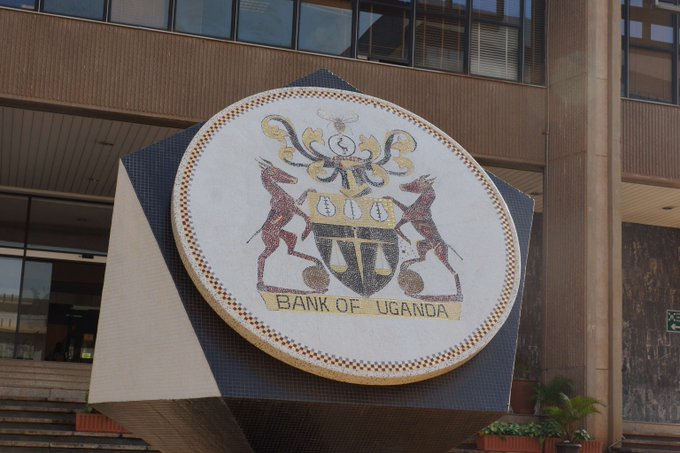Bank of Uganda’s Monetary Policy Committee (MPC) has reduced the Central Bank Rate (CBR) for August 2024 to 10.0% from 10.25% for July.
CBR is the rate of interest which is charged by a central bank while lending loans to a commercial bank. When the central bank raises interest rates, it increases the cost of borrowing, making both credit and investment more expensive.
Dr. Michael Atingi-Ego, the Deputy Governor of Bank of Uganda, said this is on account on several factors such as the “fading” impacts of global shocks like the war in Ukraine and COVID-19, the tightening of monetary policy early this year and the exchange rate that has stabilised since March 2024.
“The relative stability of the shilling against the US dollar has benefited from the recent CBR increases and inflows from coffee exports owing to favourable international coffee prices,” he said on Wednesday.
Dr Ego added that domestic inflation has continued to decline over the past year, a sign of economic stability.
“In the twelve months to July 2024, domestic inflation continued to moderate, with annual headline and core inflation averaging 3.2% and 3.0%, respectively, below the medium-term policy target of 5%,” he said.
“Looking forward, the Bank of Uganda (BOU) expects inflation to be below the 5% target in FY 2024/25, broadly reflecting stable demand conditions, lower imported inflation and exchange rate stability. The inflation projection has been revised slightly downwards relative to the June 2024 forecast round, largely due to a lesser depreciated shilling exchange rate,” he added.
“Therefore, it was appropriate to reduce slightly the degree of monetary policy restrictiveness. As a result, the MPC reduced the CBR by 25 basis points to 10.0%. The bands on the CBR remain at +/-2 percentage points, and the margins on the CBR for the rediscount and bank rates at 3 and 4 percentage points, respectively. As a result, the rediscount and bank rates will reduce to 13.0% and 14.0%, respectively,” he added.
However, the Deputy Governor warned of persistent uncertainties around the inflation projection, including the effects of a possible escalation of the ongoing geopolitical tensions in the Middle East, potential energy price hikes, unfavourable weather patterns affecting food production, and a stronger-than-expected path for domestic demand.
“In addition, the signs of lingering inflation in other parts of the world and heightened volatility in both capital flows and the exchange rate could result in stronger depreciation of the shilling exchange rate and, therefore, higher inflation than currently assumed. Conversely, the continued unwinding of the past shocks to energy and other imported goods prices may moderate inflation. The risks around the projection for inflation are judged to be balanced.








